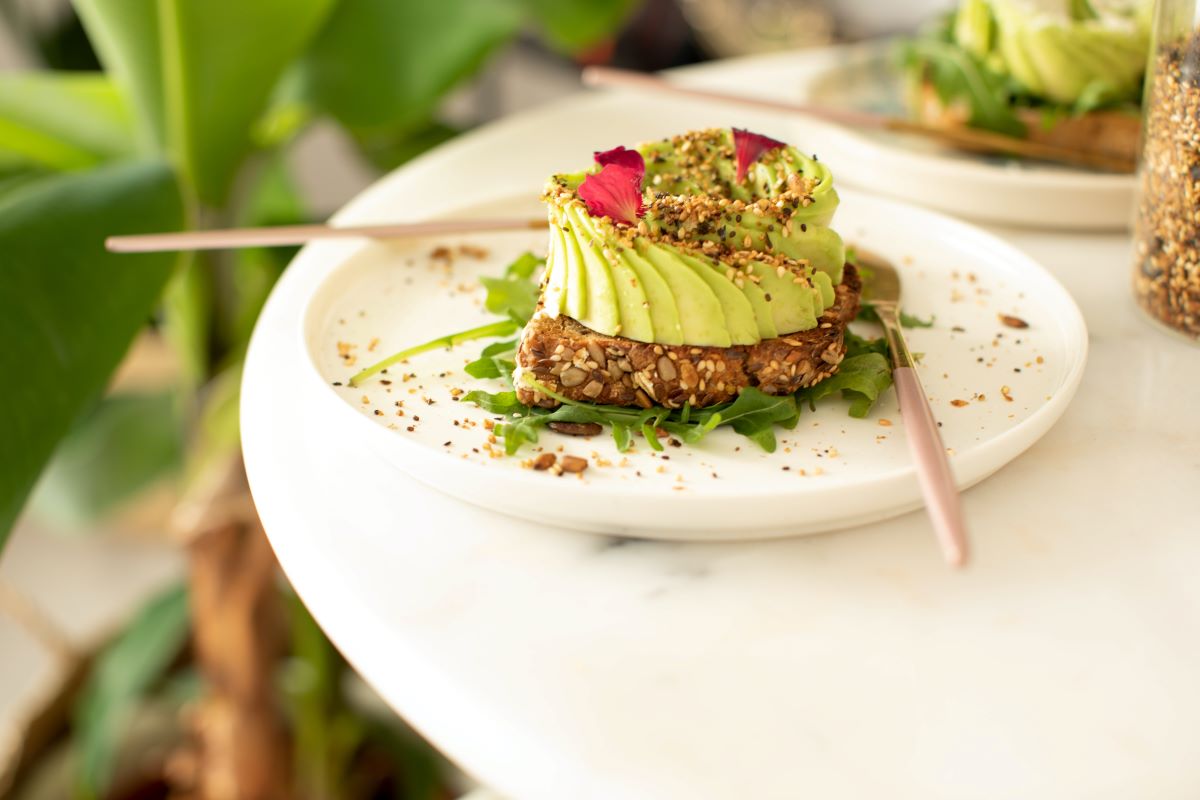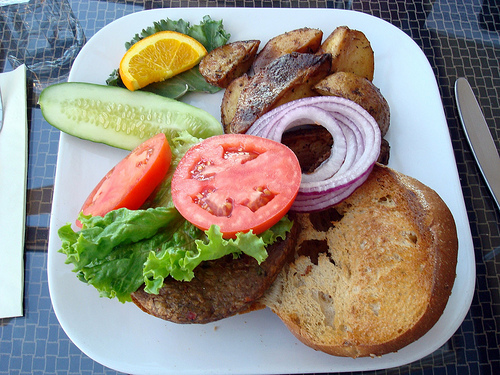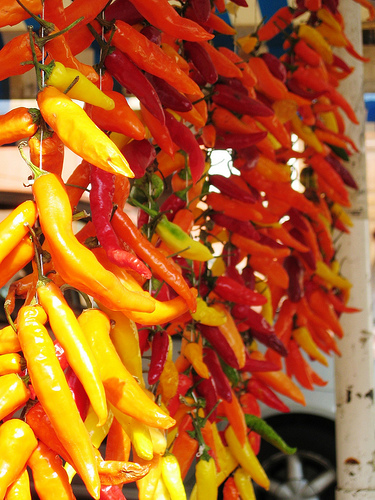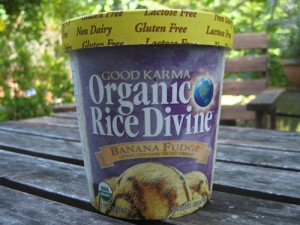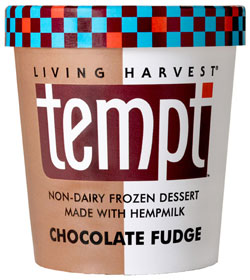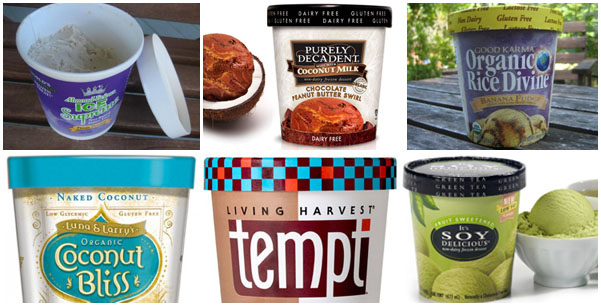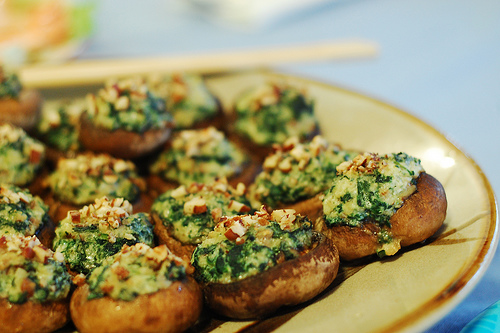Table of Contents
Selenium is an essential trace element crucial for our health, and vegans need to be aware of the sources and benefits of selenium to maintain a well-balanced diet.
Introduction
Selenium is a vital mineral for human health, playing a significant role in various bodily functions. It can be found in soil, water, and some foods. However, obtaining adequate amounts of selenium can be challenging for those following a vegan diet, as many common sources of selenium are animal-based foods.
Therefore, it is essential for vegans to be aware of plant-based foods that are rich in selenium and to consider selenium supplementation if necessary.
Selenium and Its Importance in the Body
Selenium is a trace mineral crucial for our health and well-being. It is vital in antioxidant defense, thyroid function, and immune support and can help prevent hair loss.
Antioxidant Protection
Selenium is a vital antioxidant that protects cells from oxidative damage caused by free radicals. It is a component of the glutathione peroxidase enzyme, which helps neutralize free radicals and protect cells from oxidative stress.
It is crucial for preventing cell damage and supporting overall cellular health. Selenium also works with vitamin E to enhance its antioxidant properties. Together, they help to protect the body’s cells and tissues from damage and support overall health and well-being.
Thyroid Function
Selenium is essential for thyroid health as it is crucial in synthesizing and regulating thyroid hormones. It also works with iodine to provide a healthy thyroid.
The thyroid gland has the highest concentration of selenium in the body, and selenium is a component of various enzymes required to produce active thyroid hormone, triiodothyronine (T3). It helps convert inactive thyroid hormone (T4) to its active form (T3), thereby properly regulating metabolism and energy production.
Immune System Support
Selenium contributes to a healthy immune system by promoting the proliferation of white blood cells, which are essential for fighting off infections and diseases. It enhances the body’s ability to combat bacterial and viral infections, and it also plays a role in regulating the immune response to prevent excessive inflammation.
Additionally, selenium is essential for the proper development and functioning of immune cells, helping maintain a robust and responsive immune system.
Vegan Food Sources of Selenium
While selenium is found in various foods, vegans need to be aware of plant-based sources of this vital mineral.
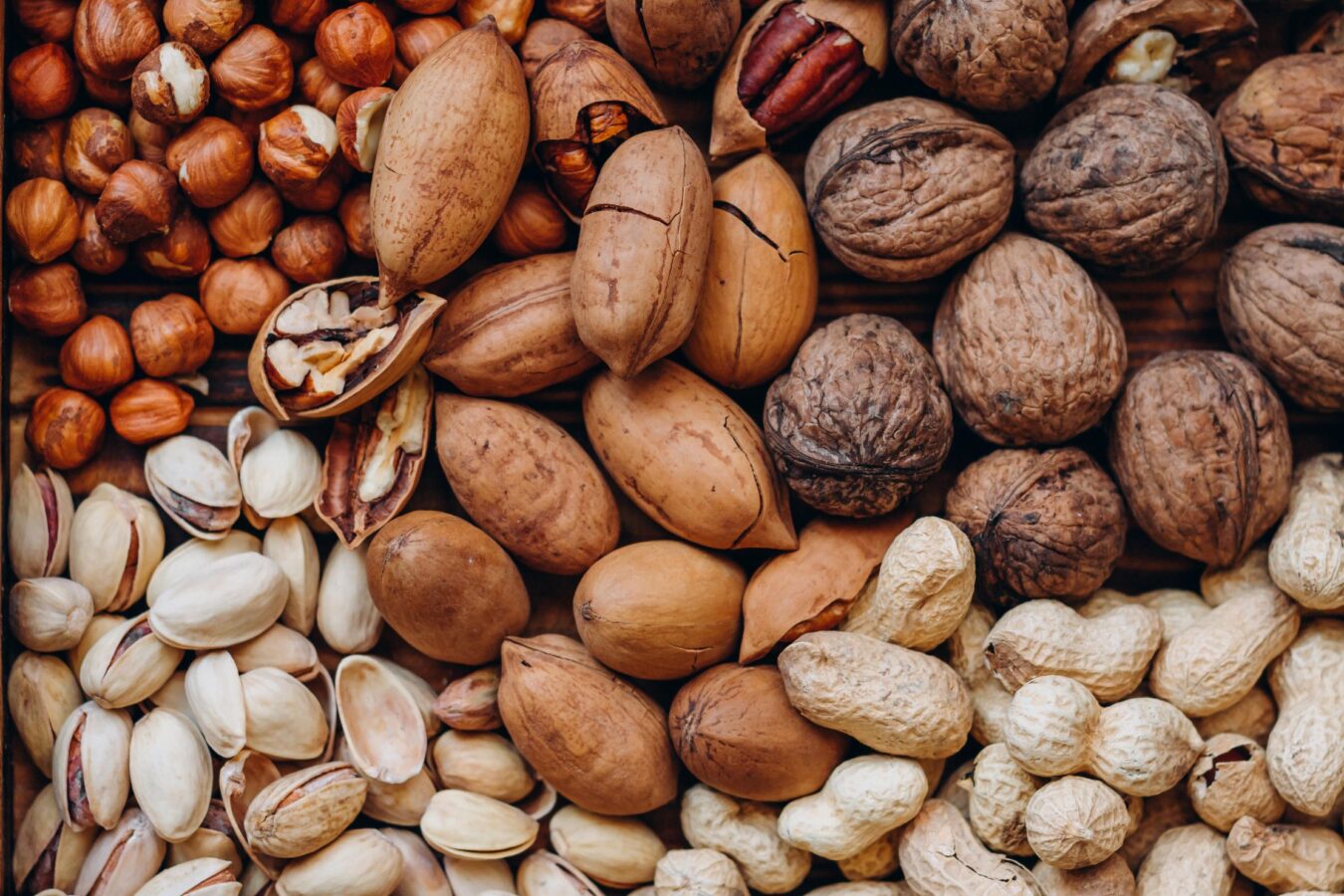
Nuts and Seeds
Brazil nuts, sunflower, and chia seeds are common vegan-friendly, selenium-rich foods. Brazil nuts are one of the richest sources of selenium, with just one Brazil nut providing about 68-91 mcg of selenium, which is close to the recommended daily intake for adults.
Sunflower seeds are another fantastic source of selenium, with one ounce (28 grams) providing about 23 mcg of selenium. Chia seeds also contain selenium, with one ounce (28 grams) providing about 15 mcg of selenium. Including these nuts and seeds in your diet can help ensure you get enough selenium.
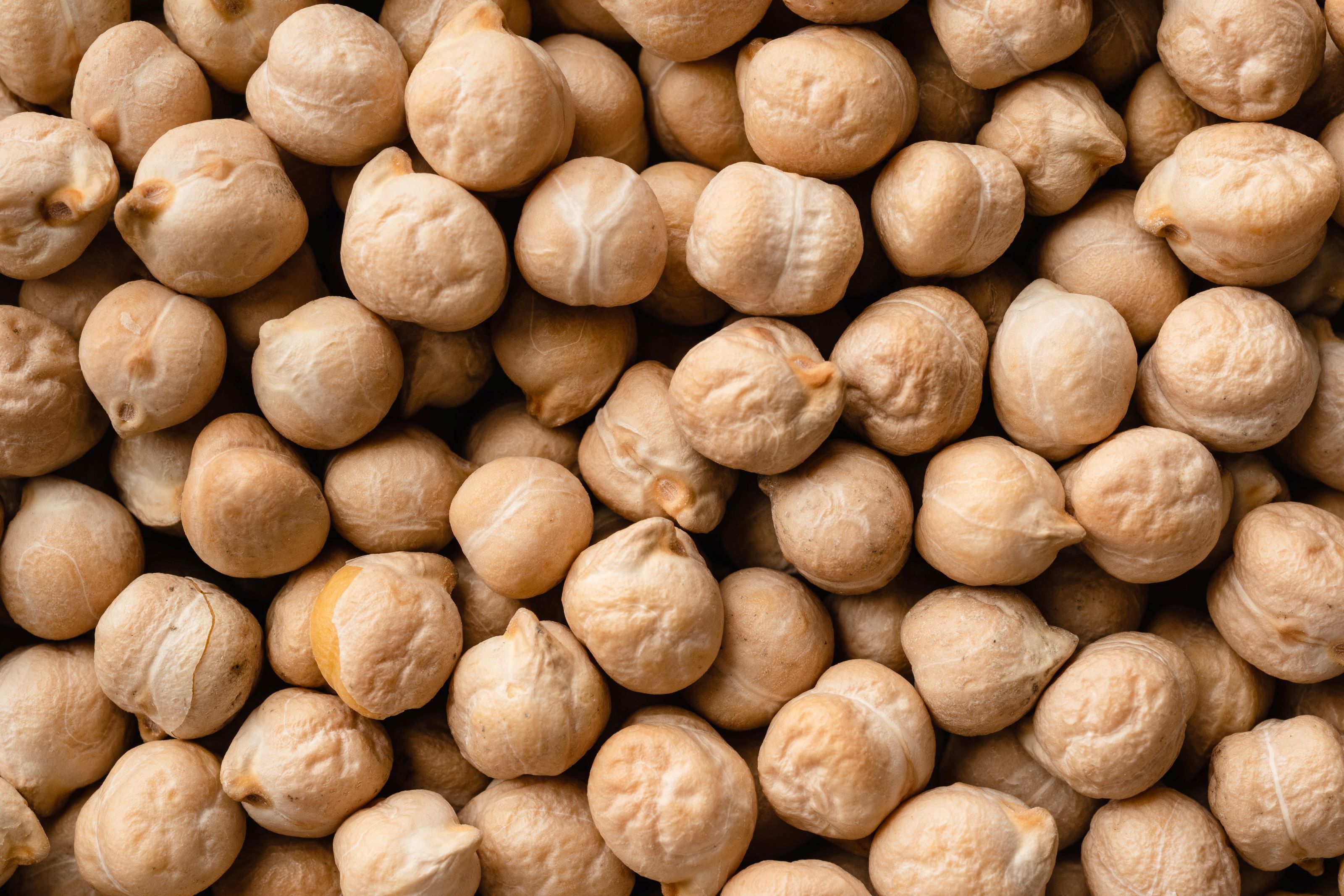
Legumes and Pulses
Lentils, chickpeas, and black beans are all good sources of selenium. One cup of cooked lentils contains about 6 mcg of selenium, while a cup of cooked chickpeas provides around 7 mcg of selenium.
Additionally, one cup of cooked black beans contains about 9 mcg of selenium. Including these legumes and pulses in your diet can contribute significantly to your daily selenium intake.
It is important to remember that the selenium content in plant-based foods can vary depending on the soil in which they are grown. Therefore, it’s good to have a variety of selenium sources in your diet to ensure you get adequate amounts. Other legumes, such as kidney and lima beans, contain small amounts of selenium.
A cup of cooked kidney beans contains approximately 2 mcg of selenium, and a cup of cooked lima beans contains about 3 mcg of selenium. Consuming a diverse range of legumes and pulses can help ensure a balanced intake of essential nutrients, including selenium.
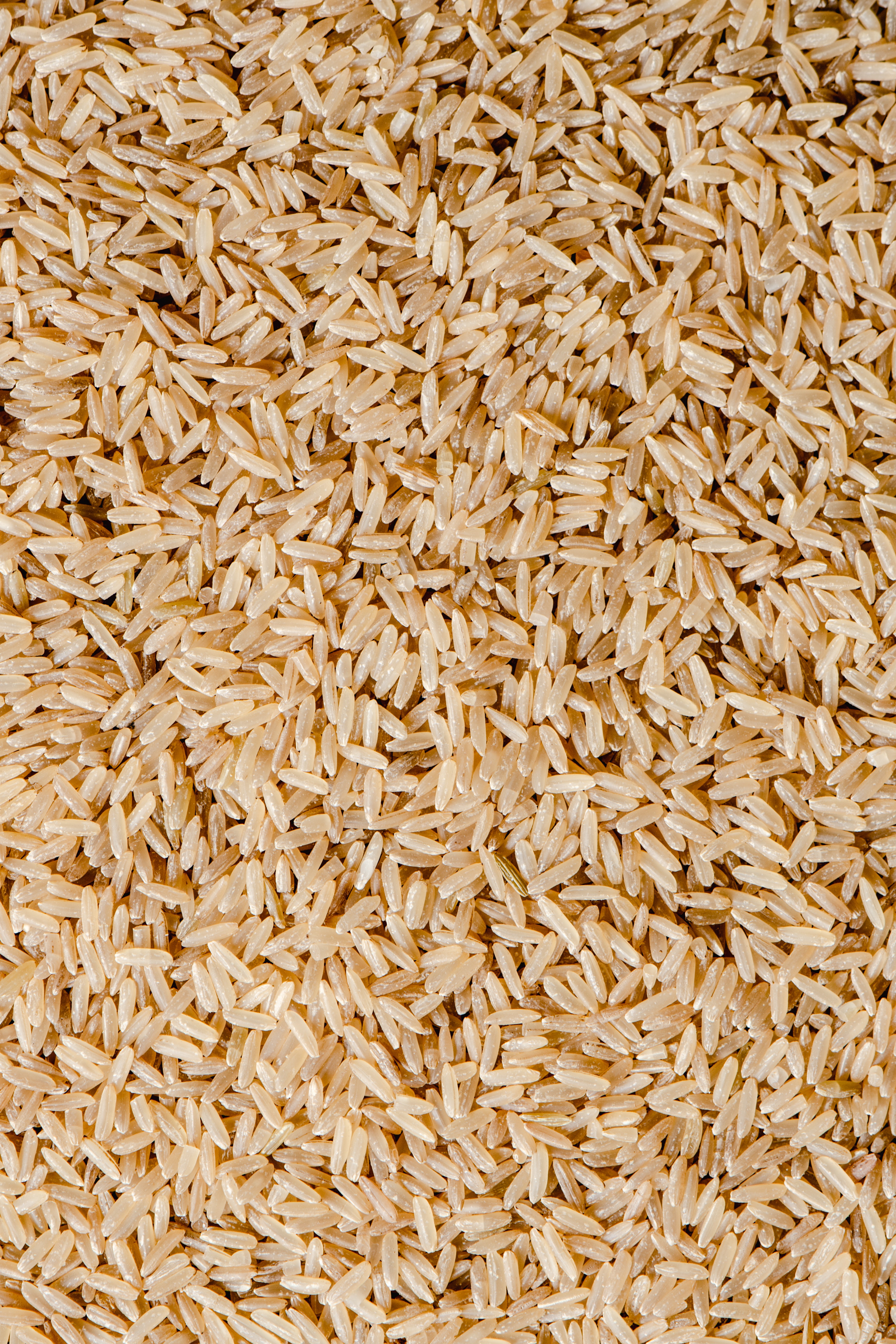
Whole Grains
Brown rice, quinoa, and oats are all whole grains that contain selenium. One cup of cooked brown rice provides about 19 mcg of selenium, while a cup of cooked quinoa contains around 5 mcg of selenium. Additionally, one cup of cooked oats contains about 13 mcg of selenium. Including these whole grains in your diet can help ensure you get enough selenium.
Vegan Selenium Supplements
While getting nutrients from whole foods is always best, selenium supplements can be helpful in a vegan diet, especially for those who may have difficulty obtaining enough selenium from food sources alone.
Types of Selenium Supplements
Selenium supplements are available in various forms, including selenomethionine, selenium-enriched yeast, and selenite or selenate salts. Selenomethionine is an organic form of selenium and is often preferred because it is better absorbed by the body and retained longer than inorganic forms like selenite or selenate salts.
Selenium-enriched yeast is another organic form of selenium and is obtained by fermenting yeast in a selenium-rich medium. It is important to note that not all selenium supplements are vegan-friendly, as some may contain gelatin or other animal-derived ingredients. Therefore, it is crucial to read the labels carefully and choose supplements specifically labeled as vegan.
Considerations for Supplement Use
When selecting a selenium supplement, consider the form of selenium, the dosage, and any additional ingredients. The recommended dietary allowance (RDA) for selenium varies by age and gender, but it is 55 mcg daily for most adults.
It is crucial not to exceed the tolerable upper intake level (UL) of 400 mcg per day for adults, as excessive selenium can cause toxicity. Also, consider any other supplements or medications you are taking to avoid potential interactions. It is always best to consult a healthcare professional before starting any new supplement regimen.
How the Body Utilizes Selenium
Selenium is absorbed in the small intestine and distributed throughout the body via the bloodstream. It is incorporated into proteins to form selenoproteins crucial for various physiological functions. The body stores selenium in the liver, kidneys, and muscles, and any excess is excreted in the urine.
Nutrients Affecting Selenium Absorption
Certain nutrients can impact selenium absorption, and you’ll want to consider these interactions to optimize selenium intake.
Positive Absorption Interactions
Vitamins, particularly vitamin E, have been found to have a synergistic effect with selenium, enhancing its absorption and utilization. Both selenium and vitamin E are antioxidants that work together to protect cells from oxidative damage. Including foods rich in vitamin E, such as nuts, seeds, and leafy greens, can help optimize selenium absorption and utilization.
Additionally, amino acids, particularly methionine, can also enhance selenium absorption. Therefore, consuming a balanced diet that includes a variety of nutrients can help optimize selenium absorption and utilization.
Vitamin E and Selenium
Vitamin E and selenium are powerful antioxidants that work synergistically to protect the body from oxidative stress and free radicals. These nutrients are essential for maintaining immune health, supporting thyroid function, and protecting cell membranes from oxidative damage.
Studies have shown that selenium’s antioxidant properties are enhanced in the presence of vitamin E. Therefore, adequate intake of both nutrients is crucial for optimal antioxidant activity and overall health.
Negative Absorption Interactions
Certain minerals like zinc and calcium can interfere with selenium absorption. High doses of these minerals can compete with selenium for absorption in the intestine. Also, certain compounds found in plants, such as phytates in grains and legumes, can bind to selenium and reduce its absorption.
To mitigate these effects, it is advisable to consume a balanced diet that includes a variety of foods and not to take high doses of minerals at the same time as selenium.
Lifestyle Factors That Impact Selenium Needs
Various lifestyle factors can influence selenium requirements on a vegan diet. It is important to know these factors to ensure adequate selenium intake.
- Geographic Location: The selenium content of plant foods is directly influenced by the selenium content of the soil in which they are grown. Some areas of the world, such as parts of Europe and New Zealand, have low selenium levels in the soil, which can result in lower selenium content in plant-based foods grown in these regions. In contrast, the soils in North America, especially in the United States, tend to have higher selenium levels, which typically leads to higher selenium content in locally grown foods National Institute of Clinical Excellence.
- Soil Conditions: Selenium is present in the soil in organic and inorganic forms. Plants primarily absorb the inorganic form, which soil pH, other minerals, and soil composition can influence. This means that even within the same region, the selenium content of plant foods can vary widely Royal Society of Chemistry.
- Medical Conditions: Certain conditions can affect selenium absorption or increase needs. For example, gastrointestinal disorders such as Crohn’s or celiac disease can impair selenium absorption. Additionally, individuals with thyroid disorders may have increased selenium needs, as selenium is essential for the synthesis and regulation of thyroid hormones National Institutes of Health.
- Lifestyle Factors: Physical activity levels, alcohol consumption, and smoking status can also affect selenium needs. High levels of physical activity can increase antioxidant requirements, and therefore selenium needs. Additionally, alcohol consumption and smoking can increase oxidative stress, which may also increase selenium requirements European Food Safety Authority.
Given these factors, it is crucial to be mindful of selenium intake on a vegan diet. The recommended daily intake of selenium for adults is 55 mcg, but needs may vary based on individual circumstances.
Consuming a diverse diet that includes a variety of selenium-rich foods and considering supplementation if necessary can help ensure adequate selenium intake.
FAQ
Here are some frequently asked questions about selenium in a vegan diet:
How much selenium do I need daily on a vegan diet?
The daily recommended selenium intake varies by age, sex, and life stage. The recommended daily selenium intake is 55 micrograms (mcg) for adult men and women.
Selenium is important for various bodily functions, including antioxidant protection, thyroid function, and immune health. Therefore, vegans must ensure they meet their daily selenium needs through food or supplements.
Can I get enough selenium from plant-based foods alone?
It is possible to get enough selenium from plant-based foods alone, but it may be challenging depending on your geographic location and the selenium content of the soil in which your food is grown.
Some plant-based foods, such as Brazil nuts, sunflower seeds, brown rice, and lentils, are good sources of selenium. However, the selenium content of plant foods can vary significantly based on the selenium content of the soil. Therefore, it is important to consume a diverse diet that includes a variety of selenium-rich foods and consider supplementation if necessary.
Are selenium supplements necessary for vegans?
Selenium supplements are not necessary for all vegans, but they may be helpful for some individuals who cannot meet their selenium needs through food alone.
Factors that may increase the need for selenium supplementation include living in a region with selenium-poor soils, having a medical condition that affects selenium absorption, or having increased selenium needs due to lifestyle factors such as high physical activity or alcohol consumption.
It is always advisable to consult a healthcare professional before starting any new supplement regimen.
